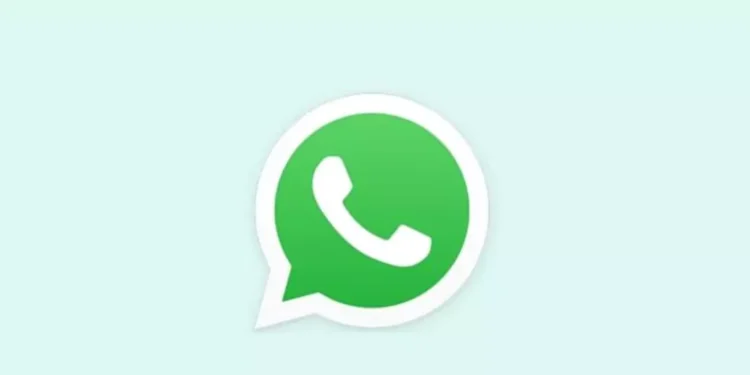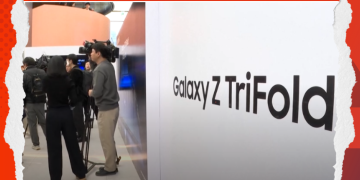In a landmark decision, India’s National Payments Corporation of India (NPCI) has lifted restrictions on WhatsApp’s payment service, allowing the platform to reach its entire user base in the country. This move marks a significant victory for Meta in its largest market, where WhatsApp boasts over 500 million users.
Breaking Down the Decision
Previously, WhatsApp Pay was capped at 100 million users as part of a cautious rollout strategy by the NPCI. Since its introduction in 2020, the service had faced gradual scaling, starting with a limit of 40 million users. The removal of the cap signals a regulatory shift, potentially enabling WhatsApp to compete more aggressively against established players like Google Pay and Walmart-backed PhonePe, which dominate the Unified Payments Interface (UPI) ecosystem with over 85% market share.
A Booming Payments Landscape
India’s UPI platform processes over 13 billion transactions monthly, making it one of the fastest-growing digital payment ecosystems globally. This robust growth has prompted regulatory concerns about market concentration, leading to ongoing discussions about a proposed cap limiting any single app to 30% of transactions. However, the NPCI recently deferred the implementation of this rule until December 31, 2026.
By gaining unrestricted access to its user base, WhatsApp is poised to become a formidable challenger in the market. The platform plans to leverage its reach to drive adoption for use cases like bill payments, ticket bookings, and online shopping, aligning with India’s agenda for digital and financial inclusion.
Meta’s Opportunity and Challenges
Meta’s ambitions in India extend beyond messaging to integrating commerce, payments, and financial services into WhatsApp. The company’s statement highlights its commitment to making payments simple, reliable, and secure, aiming to bolster UPI adoption across urban and rural demographics.
While this is a major step forward, WhatsApp faces stiff competition from incumbents like PhonePe and Google Pay, which have cultivated strong user loyalty through early entry and a broad range of integrated services. WhatsApp will need to innovate on both user experience and service offerings to carve out a significant share of this burgeoning market.
Regulatory Balancing Act
The decision to lift restrictions reflects a balancing act by the NPCI. While fostering innovation and competition, the regulator must address concerns about market concentration and ensure that no single player dominates the payments ecosystem. This delicate equilibrium will be critical as the UPI framework evolves in the coming years.
What’s Next for India’s Digital Payments?
With the regulatory green light, WhatsApp Pay’s full rollout could reshape the competitive dynamics of digital payments in India. The NPCI’s extended timeline for the transaction cap provides a window for all players to scale sustainably while addressing concerns of monopolistic dominance.
For Meta, the removal of restrictions is not just a win in payments but a broader opportunity to embed its ecosystem deeper into India’s digital economy. For consumers, this could mean more options, better services, and a potential acceleration in the adoption of digital payments nationwide.














